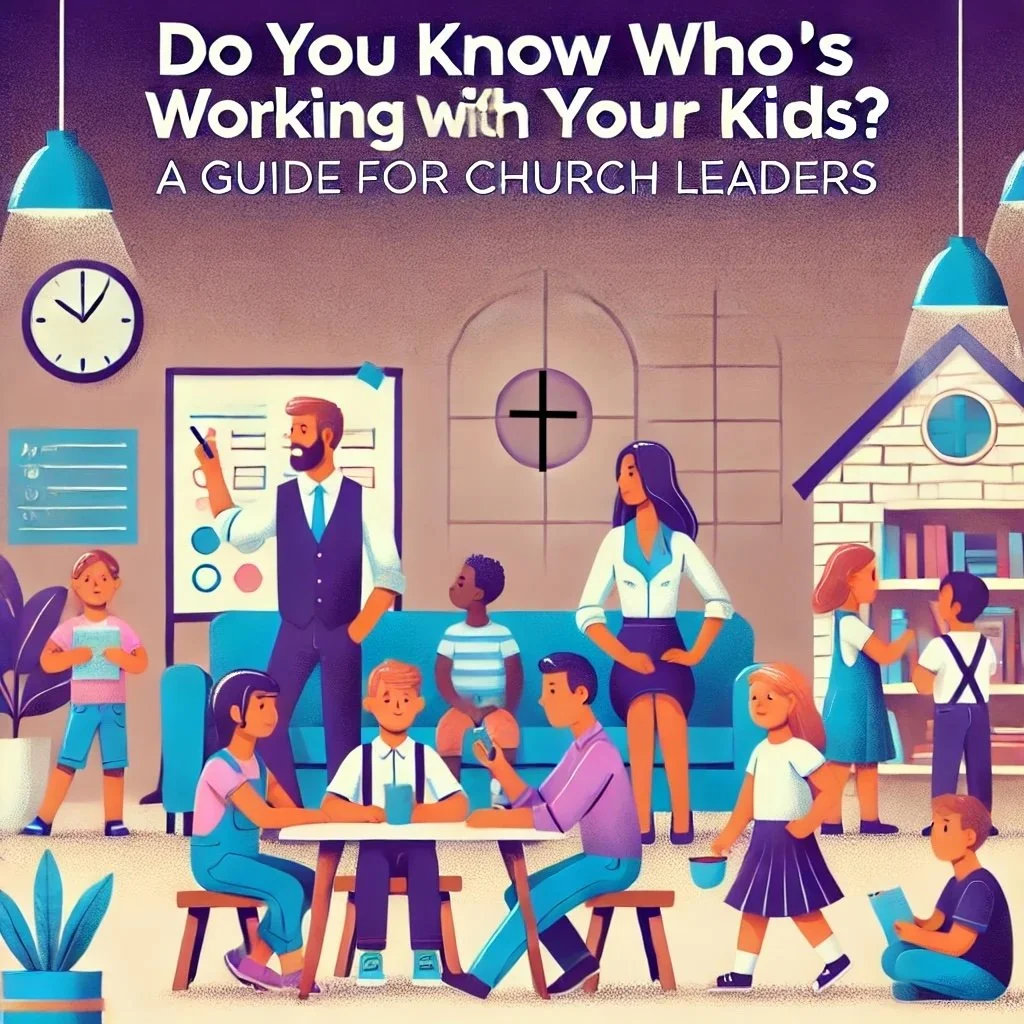
Do You Know Who's Working with Your Kids? A Guide for Church Leaders
I don’t take my kids to church daycare or Sunday school as a parent. Instead, I volunteer at kids' church to stay with them or keep them at home while attending services. Why? I wasn't confident the church had adequately trained or vetted its volunteers, teachers, and leaders.


Calling Attention to Child Exploitation During a Crisis (Part Two)
Ensuring children's safety takes awareness and proactive measures. Children are particularly at risk of exploitation during times of natural disaster and crisis, due to displacement, loss of supervision, and increased online activity. To protect children, relief organizations, families, and communities must implement a combination of prevention strategies. The strategies include teaching and practicing awareness, commitment to keep children safe, leveraging enhanced monitoring technology, reunification and online safety measures. Background checks for volunteers and creating secure, child-friendly spaces are also critical.

Calling Attention to Child Exploitation During a Crisis (Part One)
In this two-part blog, we’ll discuss the protection of children during natural disasters. Children are particularly vulnerable to exploitation due to the chaos and destabilization of these events. Abusers and traffickers can exploit interruptions in infrastructure. After Hurricane Katrina, one Baton Rouge shelter reported that 57 percent of youth qualified as domestic minor sex trafficking (DMST) survivors*. Understanding the risks and taking preventative measures can significantly reduce these threats.

Lessons from Ponzi, Holmes, Delvey, and Epstein: Scammers Reveal the Dangers of Failing to Protect Vulnerable Populations
What do Charles Ponzi, Elizabeth Holmes, Anna Delvey, and Jeffrey Epstein have in common? They weren't just con artists—they were predators who manipulated trust to exploit others, leaving behind a trail of victims. Their stories remind us that failing to perform due diligence allows the vulnerable to be deceived and abused.
In today's world, protecting vulnerable populations—whether children, women, or the elderly—requires more than good intentions. It demands rigorous background checks and ongoing oversight. These infamous figures expose how failing to vet individuals can leave innocent people at risk.

Think One Background Check is Enough? The Legal Risks of Failing to Recheck Employees
When it comes to safeguarding the reputation and safety of an organization, recurring background checks are a crucial, yet often overlooked, component. For organizations the failure to conduct regular background checks on employees and volunteers isn't just a matter of oversight—it could lead to significant legal and financial consequences.